Pride Month is a time that encourages LGBTQ+ folks to celebrate the joy in their sexuality and gender identity.
However, sometimes, when special occasions come along, the expectation that we enjoy ourselves makes it harder to have a genuinely good time.
For this reason, I try not to pin too much hope on a single day or month. I try to find the reasons to celebrate in my everyday life.
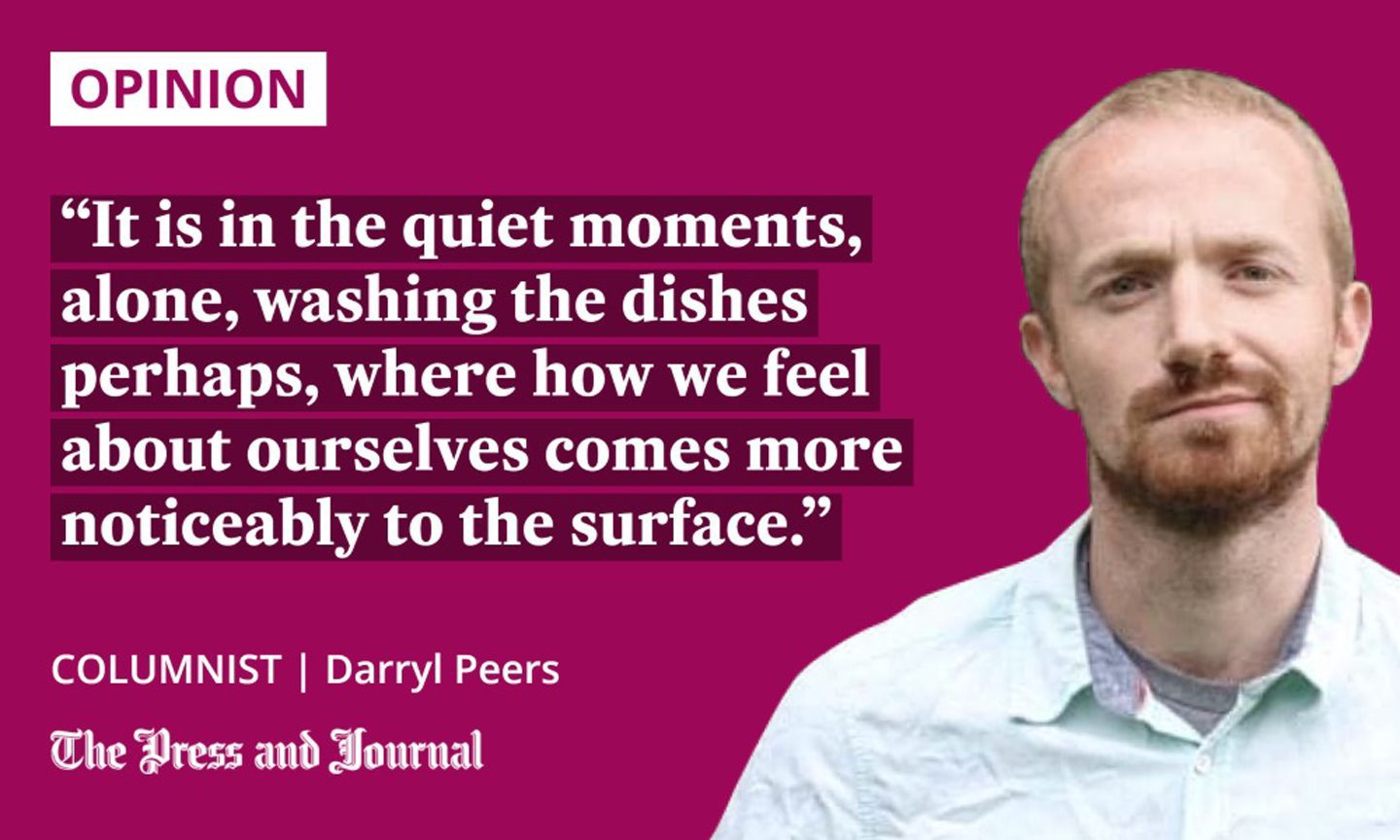
A friend once told me that, if we imagine reaching a specific goal will make us happy, we sometimes forget that so much more of our lives is spent doing the boring business of simply keeping ourselves alive.
She said: “If you aren’t happy while you’re washing the dishes, then it’s worth taking the time to think about why. No matter how successful you are, you spend so much of life washing the dishes.”
In today’s world, bombarded with social media content of people doing things with other people, it can be easy to think that the reason we aren’t happy in quiet moments is because we are bored or lonely. “If only I weren’t on my own!” or “If only I got this job, then I’d be busier!” Our phones can let us avoid quiet moments altogether, when opening Twitter or Instagram invites countless other voices into the room.
What does it mean to be queer on your own?
Pride Month can feel like a loud time. For some, it might be easier to feel good about being LGBTQ+ because there is broader attention on it. Welcome as this attention is, I wonder what it means to carry the spirit of Pride into our quieter moments.
During the worst of the Covid-19 pandemic, I returned to my parents’ house and the village where I grew up. Isolated from my social networks, I often asked myself: what does it mean to be queer on your own? Or, in a place where you seem to be the only one?
When I was younger, I thought I would get queerer the more relationships I got into, the more queer communities I became part of. I thought that being around more LGBTQ+ people would make me queerer by association.
While I am happier for knowing more LGBTQ+ people as I now do, the nature of life is such that I still spend a lot of time on my own, in quiet moments, doing things like washing the dishes.
Sometimes we ask others to love us because we can’t love ourselves
No one else can make me queer. If I were to depend on, for example, a relationship to make me feel queer, to be the space in which my queerness is primarily expressed, then this would make the relationship one of need, where I would need it to feel wholly myself.
You ask a partner to love you, though you will not do this yourself
In my experience, it is the need for a relationship – with someone, anyone (please!) – which sends people spiralling into unhealthy dynamics with a partner who they do not truly care about or love.
Needing someone is not loving someone. So often, needing someone else is borne out of an inability to be content with yourself. It is to ask a partner to love you, though you will not do this yourself.
Washing dishes quietly, honestly and with love
It is in the quiet moments, alone, washing the dishes perhaps, where how we feel about ourselves comes more noticeably to the surface. If we have internalised, for instance, shame or guilt about being queer, this may come to the surface at these times too.
I think what it means to be queer while washing the dishes, or to wash the dishes queerly, is to be joyful in the act of doing it – to do it in a style that is unremittingly your own. It means to be doing it in a body you are happy to be in, honest with yourself about what or who you want, and – most importantly – to be directing the deepest love that you have towards your own heart.
Because this is the heart with which you turn love out to the world. Nourish it, and you nourish the attention you give to every person you meet.
Darryl Peers is a writer from the north-east of Scotland
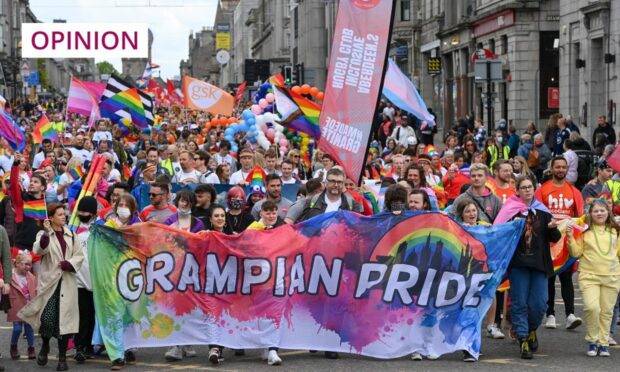
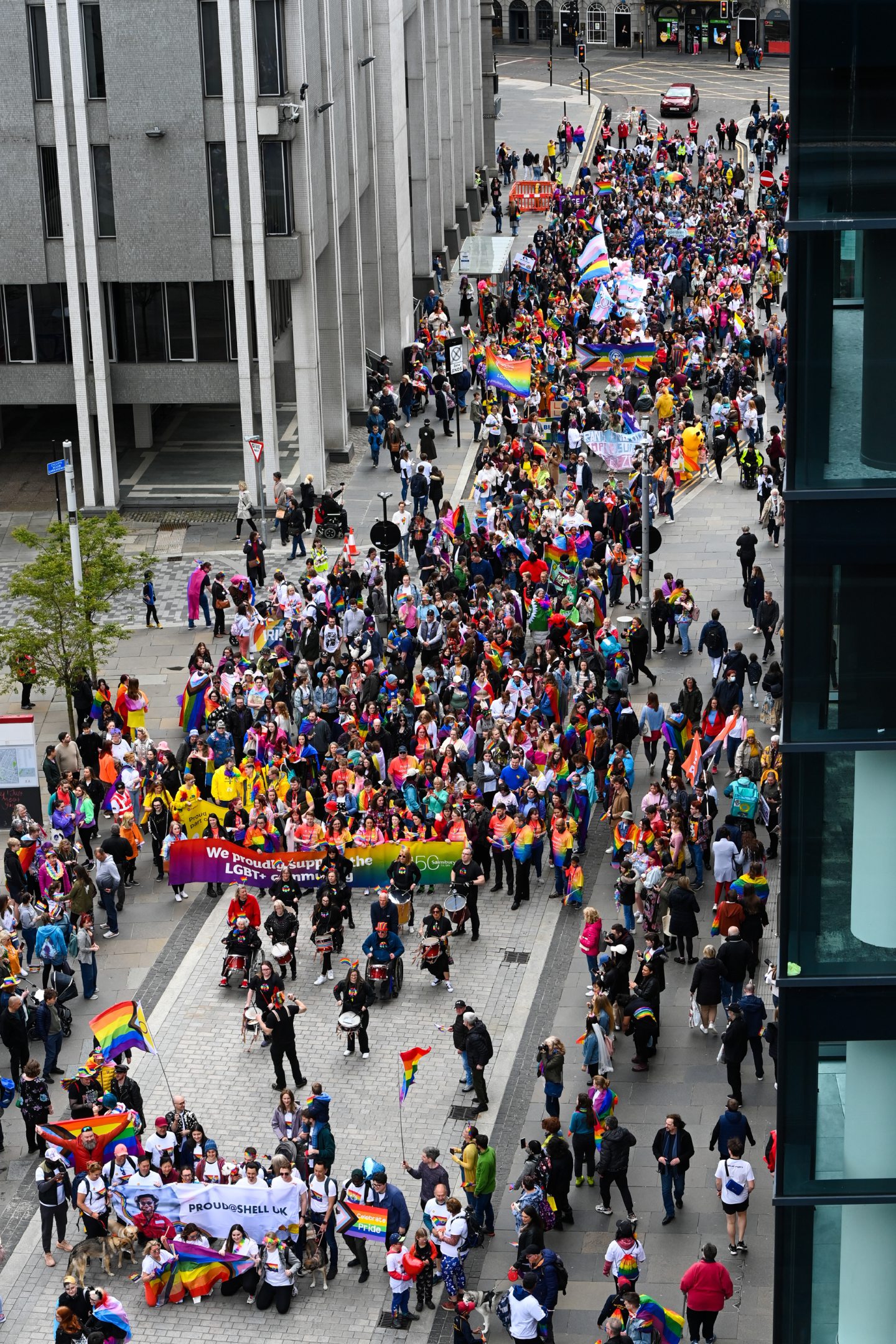
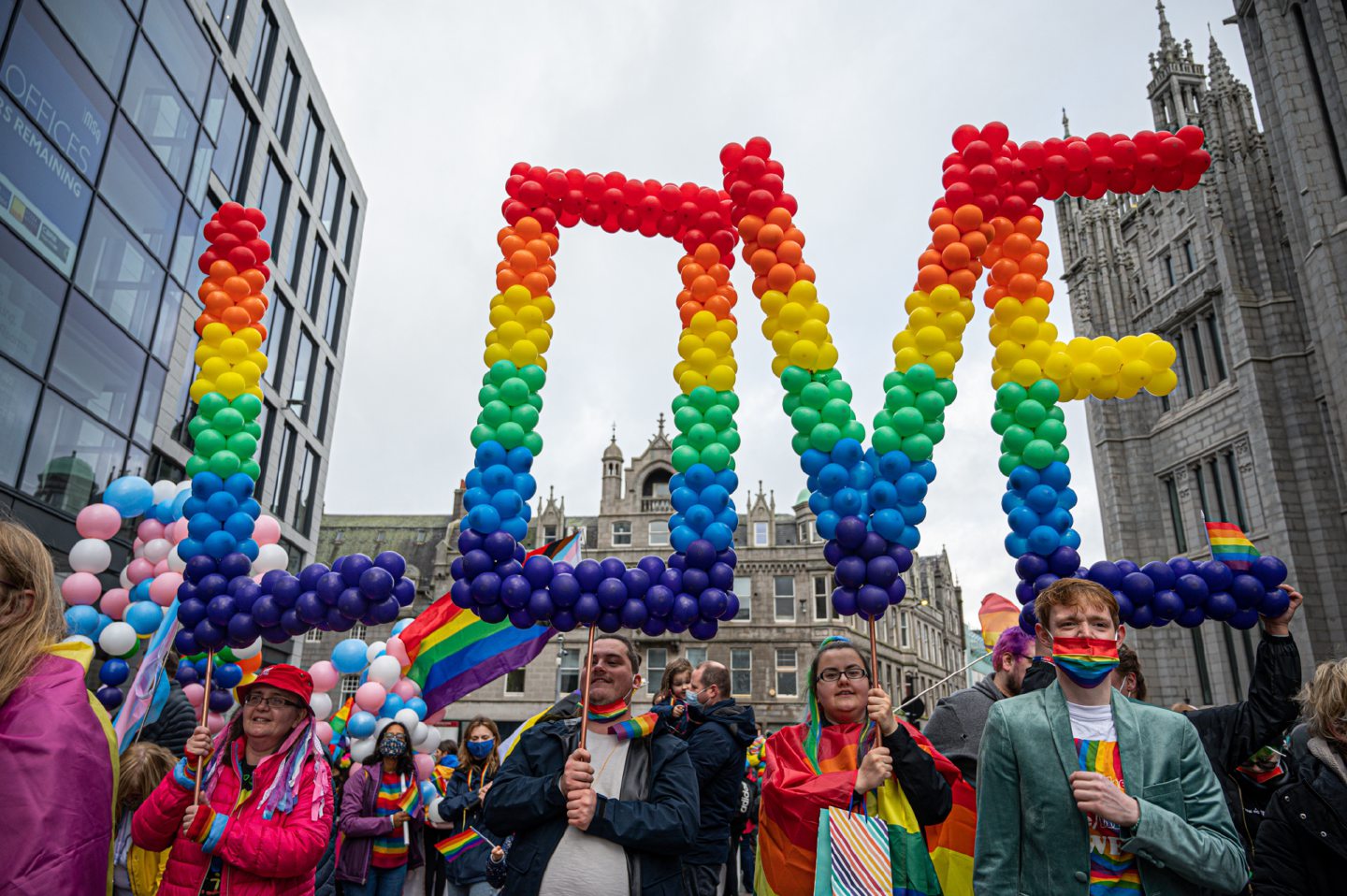


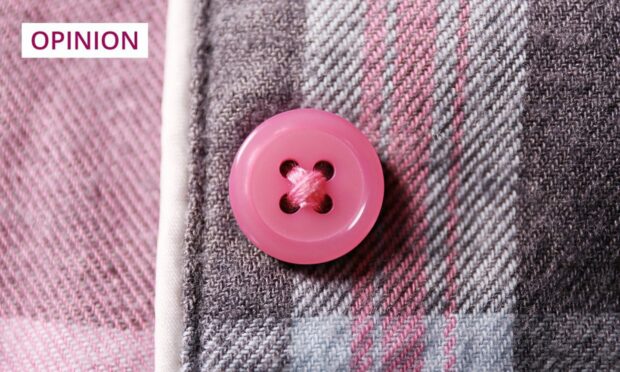

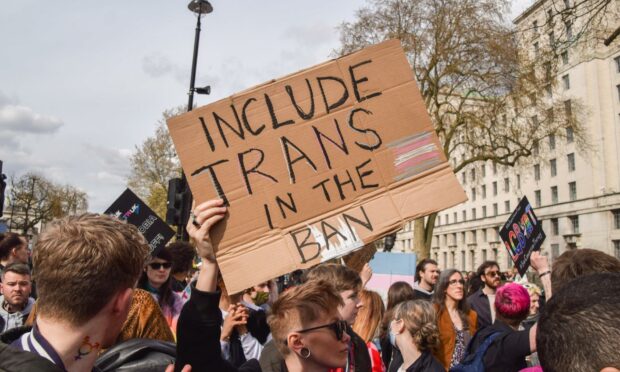
Conversation